The suspicious leaks behind the terrorism alert

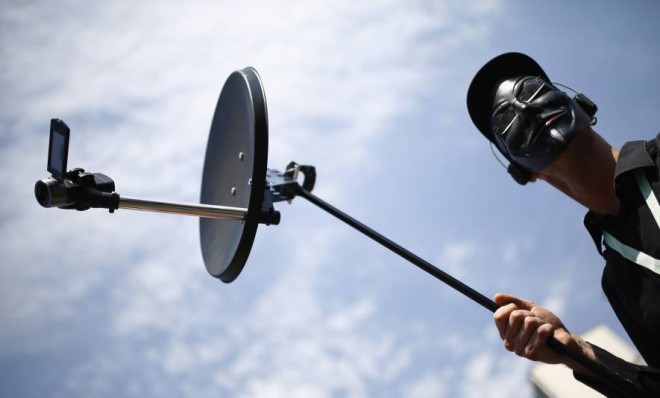
A free daily email with the biggest news stories of the day – and the best features from TheWeek.com
You are now subscribed
Your newsletter sign-up was successful
Even If Edward Snowden's leaks have caused irreparable harm to national security, those of us without security clearances only have the government's word to take for it. But this week's disclosure that a specific conference call between al Qaeda leaders was detected and recorded by the National Security Agency is precisely the sort of information that should not be in the public domain until the threat has passed, precisely the sort of secret that almost no one has a problem with the government keeping.
If it's true that al Qaeda leaders change their communication tactics to find a way around the NSA dragnet, they sure as hell are going to avoid the same circuits that somehow tapped this conference call. They're going to do it before the immediate threat has passed, too, meaning that the NSA will lose a real-time source of intelligence that might have provided further information about the target of the planned attack. Initially, several news outlets reported simply that the U.S. had detected "chatter" about an attack. Then, McClatchy added some detail, reporting the names of several al Qaeda leaders, including Nasser al-Wuhayshi, who participated in the discussion. Then, Eli Lake reported that the discussions had taken place on a specific conference call. (See Marcy Wheeler's timeline for more.)
The number of people who would be cleared to possess the level of detail that identified a particular conference call as the relevant SIGINT activity is tiny. It is one thing to say broadly that U.S. officials overheard "discussions," because someone planning an attack probably discusses it in some way many times. Even then, though, you could imagine a mad scramble by jihadists for new communication safe zones.
The Week
Escape your echo chamber. Get the facts behind the news, plus analysis from multiple perspectives.

Sign up for The Week's Free Newsletters
From our morning news briefing to a weekly Good News Newsletter, get the best of The Week delivered directly to your inbox.
From our morning news briefing to a weekly Good News Newsletter, get the best of The Week delivered directly to your inbox.
There are two reasons why the government would tolerate this type of leak. One: The threat was so severe that the only way to prevent it was to expose the plot completely, showing al Qaeda that the U.S. had penetrated so deeply into their organization that the big boss's double-top-secret conference call was recorded. It's the counter-terrorism equivalent of face up poker. There's an element of brinksmanship in this approach.
Two: The U.S. intelligence community might want al Qaeda to shift its communication methods because the new method al Qaeda ends up with might be more intercept-friendly in the future, or the U.S. believes that certain al Qaeda members it keeps under constant surveillance will help them quickly figure out the new method.
Note that several early articles referred to the (Yemeni) interception of a courier, which might — might — mean that the U.S. got its hands on a copy of the tape and does NOT have al Qaeda pinned to the wall. IF the U.S knew where the conference call took place, they ostensibly have a very good bead on Ayman al-Zawahiri's head, too.
Or, the leaks could be completely unauthorized.
A free daily email with the biggest news stories of the day – and the best features from TheWeek.com
If another big, bad leak investigation is soon, ah, leaked, then we'll know. Until then, let's just say that something doesn't look quite right.
Marc Ambinder is TheWeek.com's editor-at-large. He is the author, with D.B. Grady, of The Command and Deep State: Inside the Government Secrecy Industry. Marc is also a contributing editor for The Atlantic and GQ. Formerly, he served as White House correspondent for National Journal, chief political consultant for CBS News, and politics editor at The Atlantic. Marc is a 2001 graduate of Harvard. He is married to Michael Park, a corporate strategy consultant, and lives in Los Angeles.
-
 Political cartoons for February 19
Political cartoons for February 19Cartoons Thursday’s political cartoons include a suspicious package, a piece of the cake, and more
-
 The Gallivant: style and charm steps from Camber Sands
The Gallivant: style and charm steps from Camber SandsThe Week Recommends Nestled behind the dunes, this luxury hotel is a great place to hunker down and get cosy
-
 The President’s Cake: ‘sweet tragedy’ about a little girl on a baking mission in Iraq
The President’s Cake: ‘sweet tragedy’ about a little girl on a baking mission in IraqThe Week Recommends Charming debut from Hasan Hadi is filled with ‘vivid characters’
-
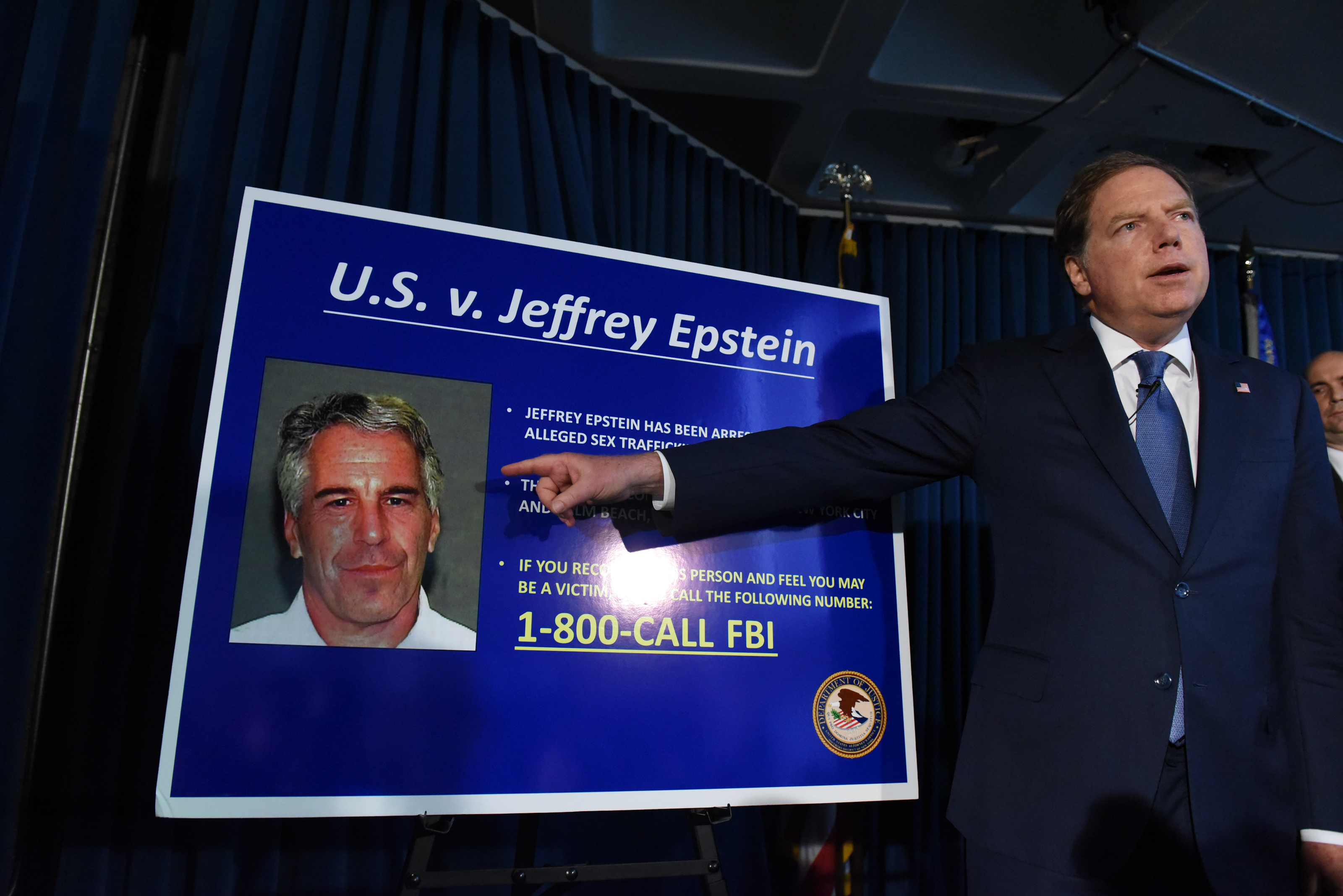 7 lingering questions about Jeffrey Epstein's death
7 lingering questions about Jeffrey Epstein's deathThe Explainer Truth can be as strange as conspiracy theories
-
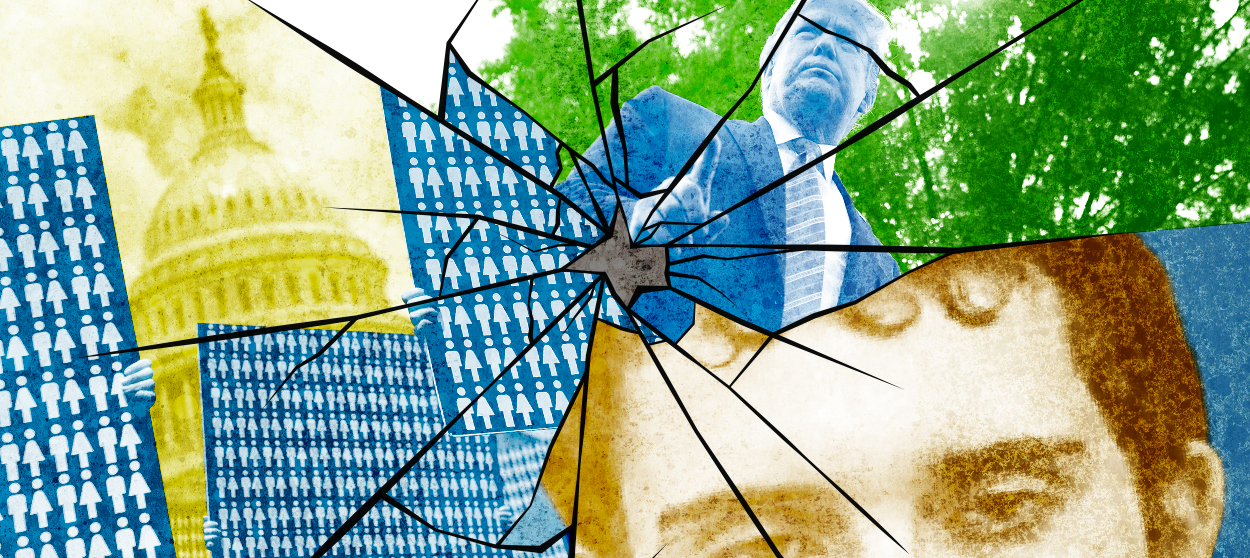 3 things everyone is getting wrong about the El Paso-Dayton shootings
3 things everyone is getting wrong about the El Paso-Dayton shootingsThe Explainer Mental illness is a red herring — but so is Trump
-
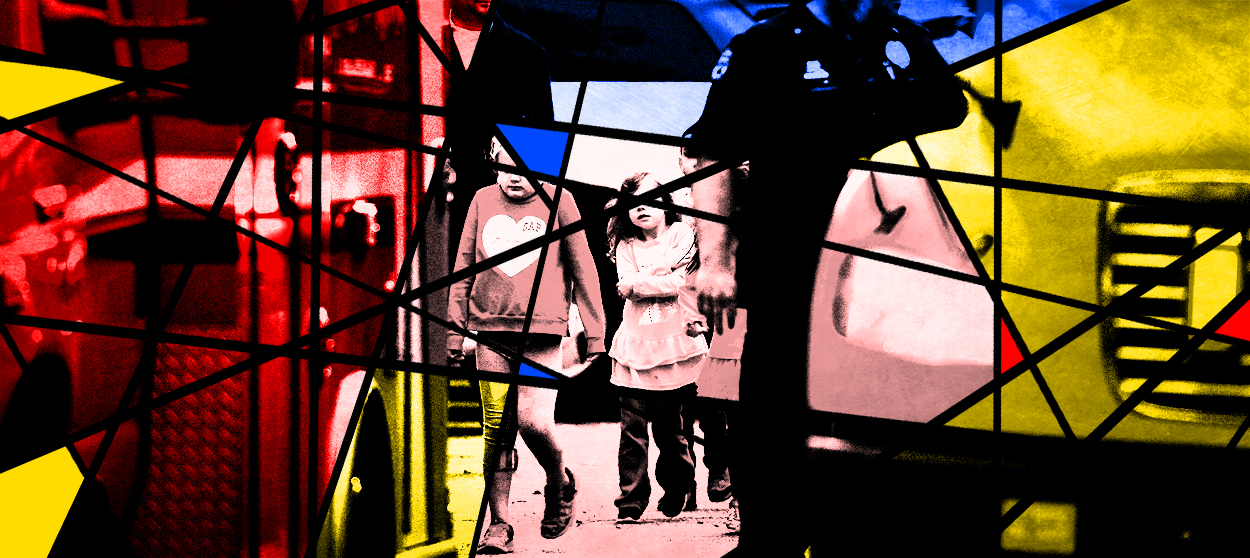 Is it dangerous to lionize the heroes of school shootings?
Is it dangerous to lionize the heroes of school shootings?The Explainer Honoring the children who die saving classmates is laudable — but we should tread carefully
-
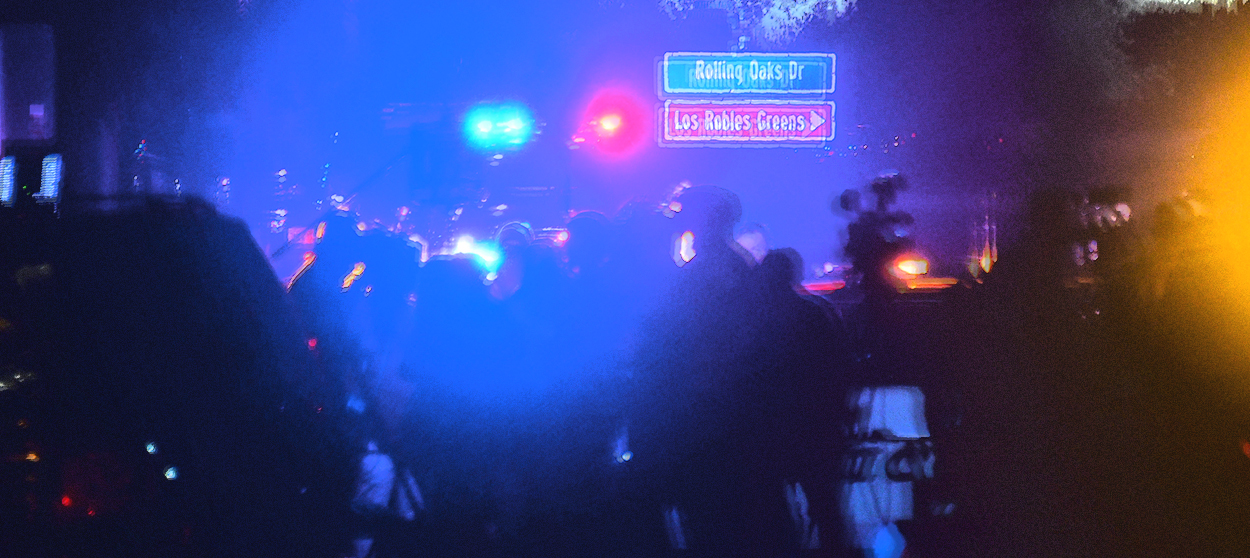 The fear we all live with
The fear we all live withThe Explainer What mass shootings have done to the American psyche
-
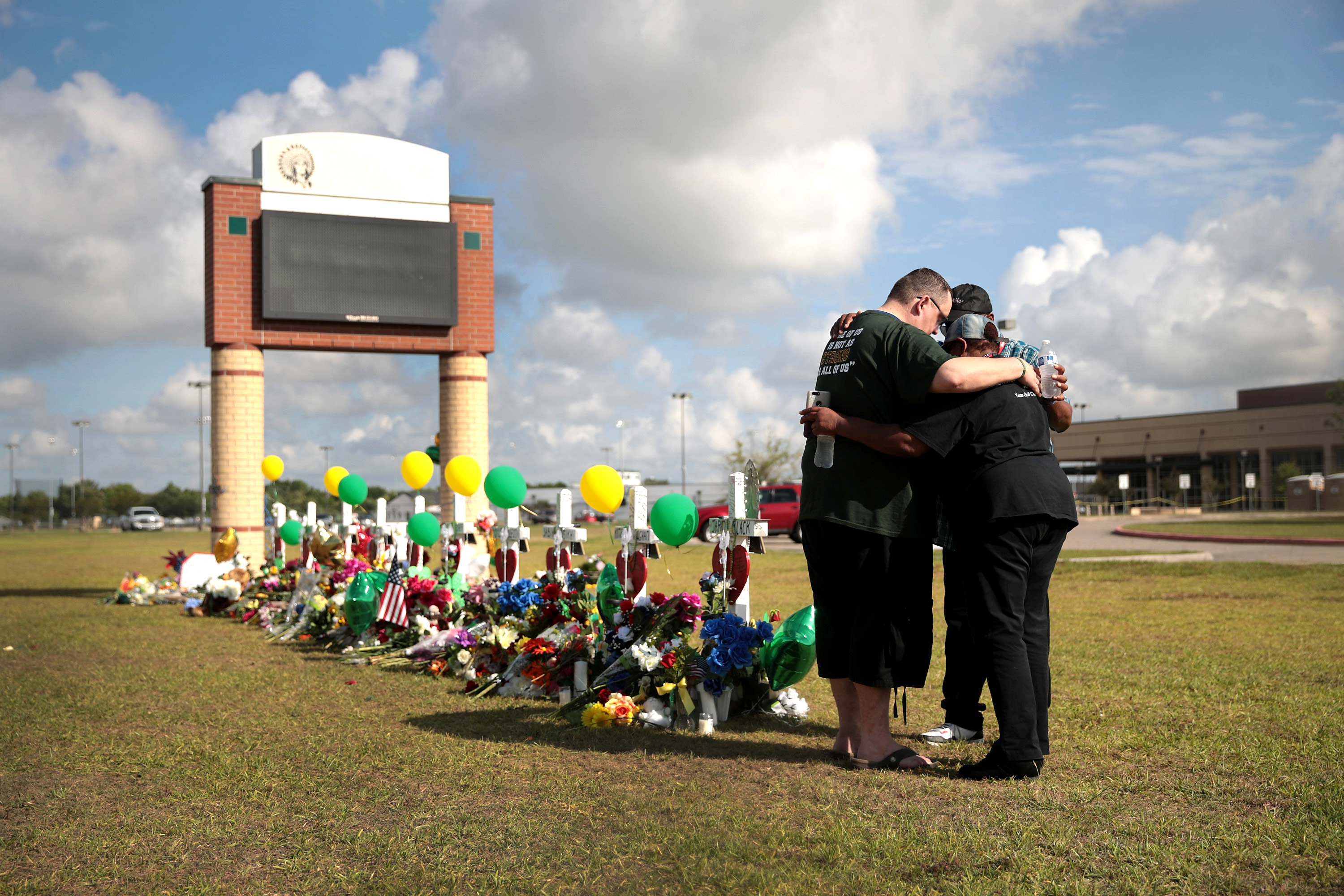 The sick phenomenon of school shooting contagion
The sick phenomenon of school shooting contagionThe Explainer Mass shootings can spread like a disease, with each massacre inspiring new rampages. Can the cycle of violence be stopped?
-
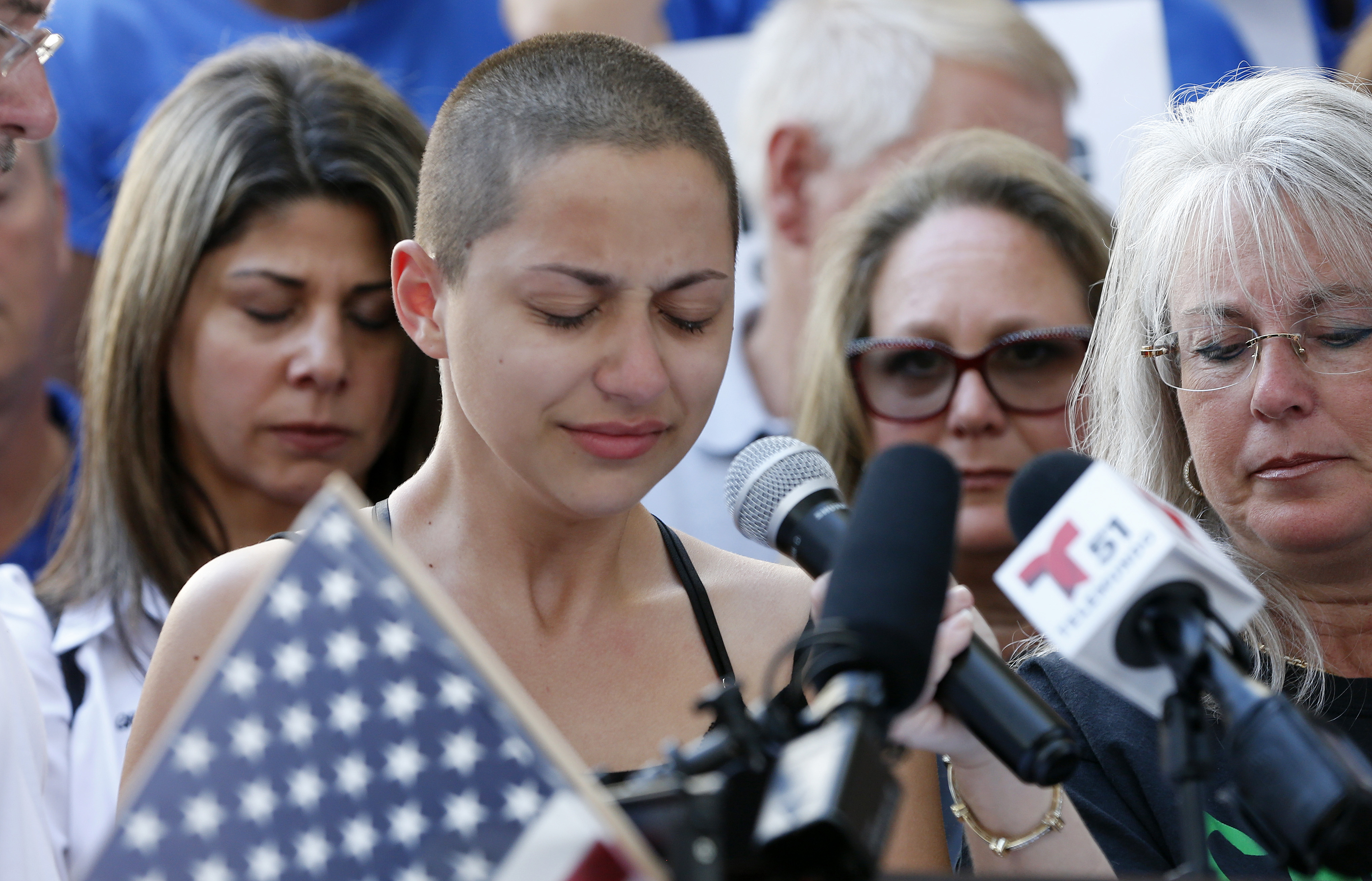 Why the Parkland conspiracy theories are different
Why the Parkland conspiracy theories are differentThe Explainer They aren't an attempt to make crazy sense of a senseless tragedy. They are a way of saying to the tragedy's victims and survivors: You aren't even worth arguing with.
-
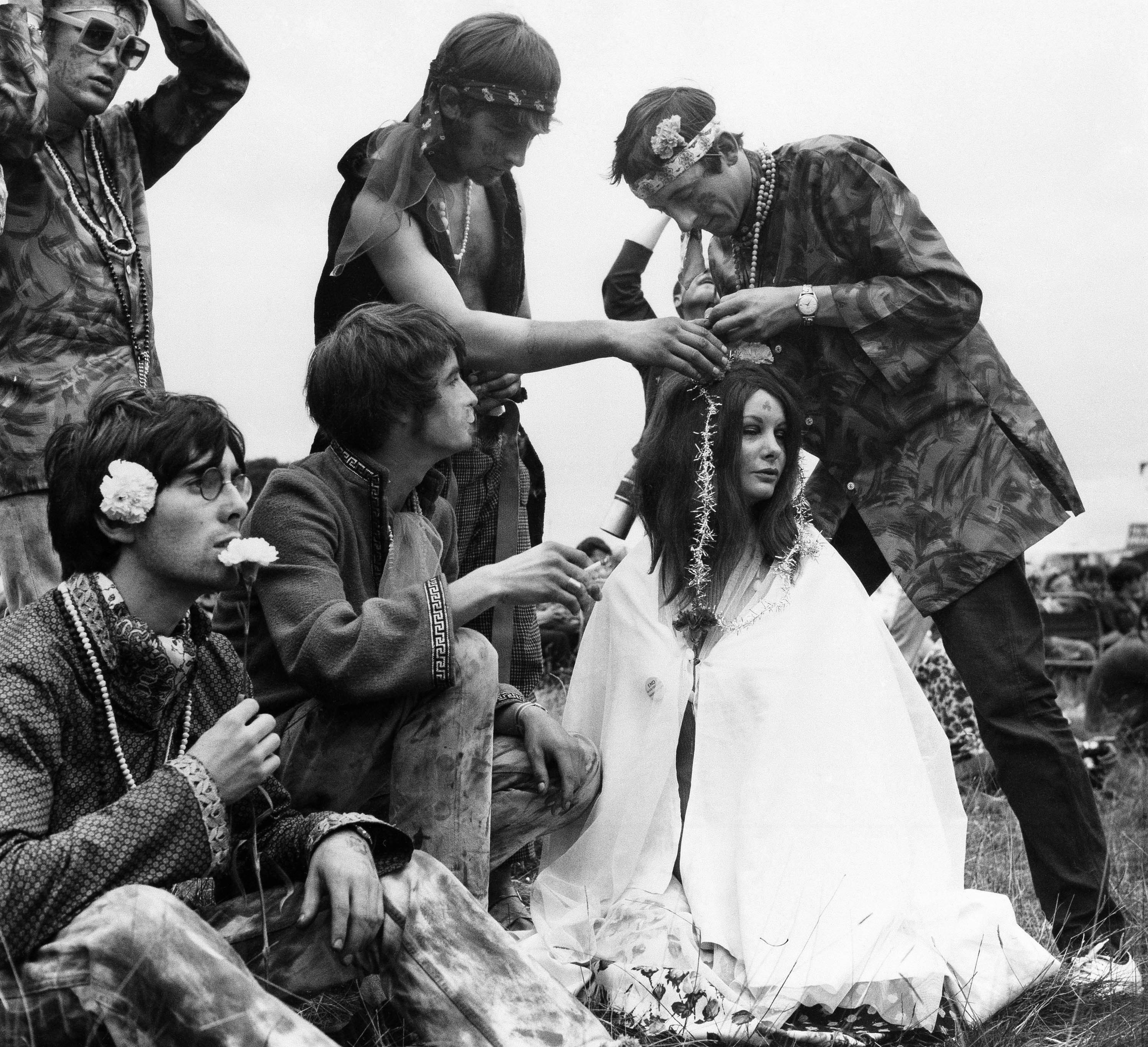 Sex, drugs, and the Summer of Love
Sex, drugs, and the Summer of LoveThe Explainer Fifty years ago this summer, 75,000 young people flocked to San Francisco to "turn on, tune in, drop out"
-
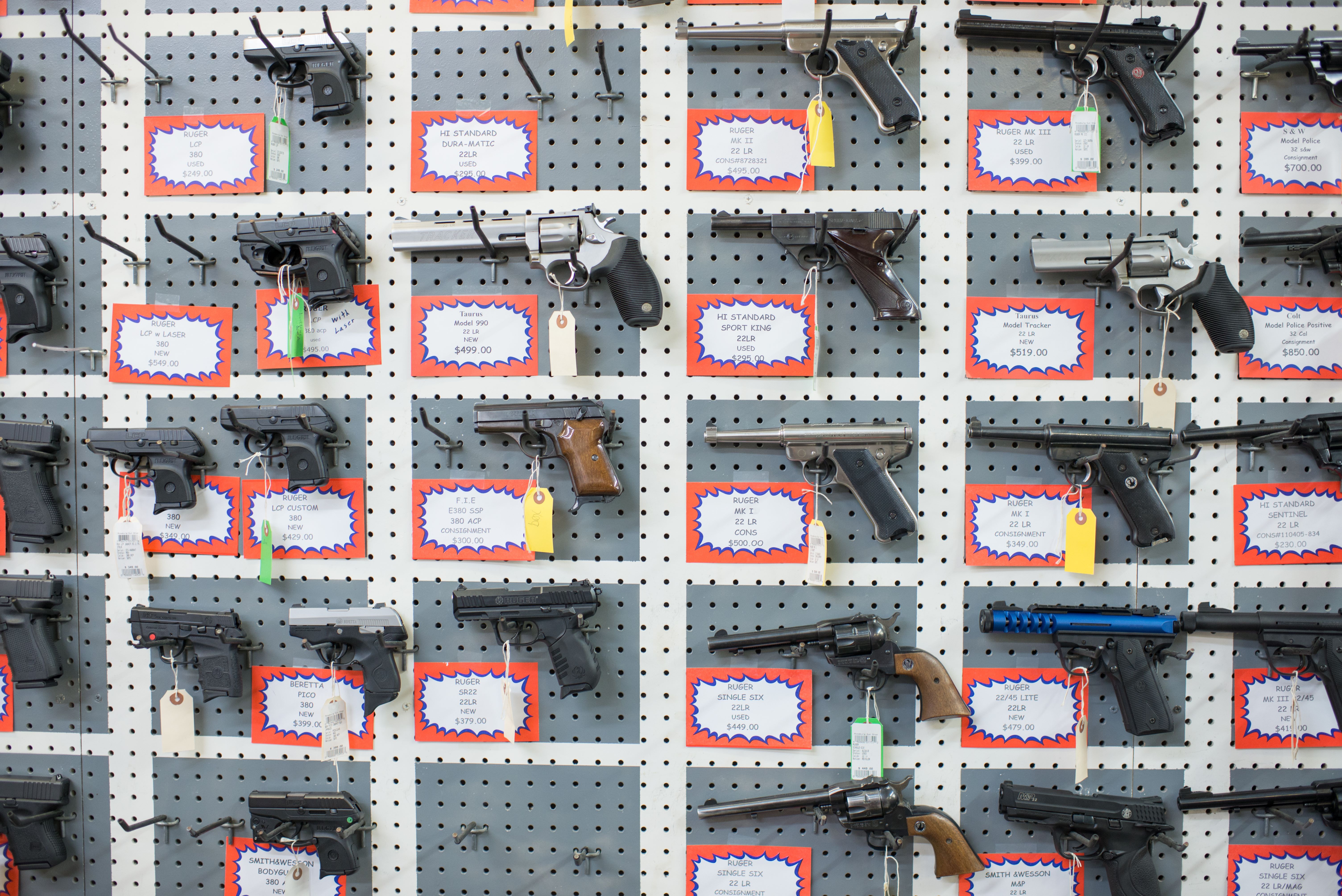 What we know about gun violence may surprise you
What we know about gun violence may surprise youThe Explainer Contradictions abound
